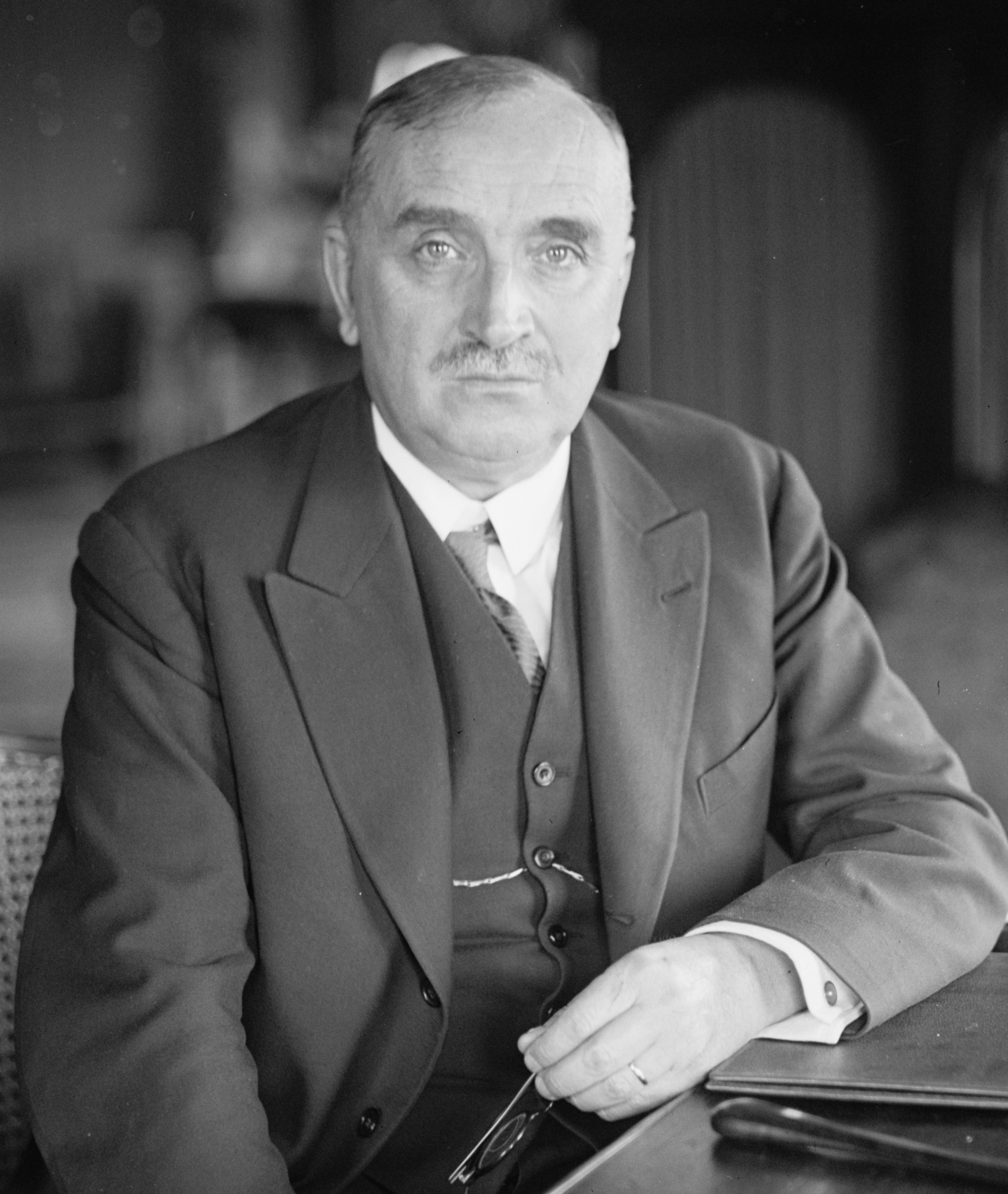„Mów o Chrystusie tylko wtedy, gdy cię ktoś zapyta. Ale żyj tak, żeby pytano cię o Chrystusa.”
Źródło: Marta Żurawiecka, Z księdzem Twardowskim 2014, Wyd. Diecezjalne i Drukarnia w Sandomierzu, Sandomierz 2013, s. 68.
Paul Claudel /pɔl klɔdɛl/ – francuski poeta i dramaturg, symbolista. Członek Akademii Francuskiej. Brat rzeźbiarki Camille Claudel. Wikipedia

„Mów o Chrystusie tylko wtedy, gdy cię ktoś zapyta. Ale żyj tak, żeby pytano cię o Chrystusa.”
Źródło: Marta Żurawiecka, Z księdzem Twardowskim 2014, Wyd. Diecezjalne i Drukarnia w Sandomierzu, Sandomierz 2013, s. 68.
„To On [Jezus]! To jego oblicze!”
o Całunie Turyńskim w liście do Gerarda Cordonniera, 16 sierpnia 1935.
Źródło: Bernard Lecomte, Tajemnice Watykanu, Wydawnictwo Znak, Kraków 2010, ISBN 9788324013890, tłum. Michał Romanek, s. 293.
„Liczba jest zaczątkiem i korzeniem przestrzeni.”
Źródło: Leksykon złotych myśli, wyboru dokonał K. Nowak, Warszawa 1998.
„Kobieta zawsze będzie niebezpieczeństwem wszystkich rajów.”
Źródło: Leksykon złotych myśli, wyboru dokonał Krzysztof Nowak, Warszawa 1998.
„Od muzyki piękniejsza jest tylko cisza.”
Źródło: Leksykon złotych myśli, wyboru dokonał K. Nowak, Warszawa 1998.
„Światło rzeczywistości czyni marzenia widzialnymi.”
Źródło: Leksykon złotych myśli, wyboru dokonał K. Nowak, Warszawa 1998.
„Demokracja amerykańska weszła w świat prowadzona za rękę przez francuską arystokrację”
Źródło: Stephen Clarke, 1000 lat wkurzania Francuzów, Wydawnictwo WAB, Warszawa 2012, s. 447, tłum. Stanisław Kroszczyński.
Il n'y a pour les choses et pour les poèmes qu'une seule manière d'être nouveaux, c'est d'être vrais et qu'une seule manière d'être jeunes, c'est d'être éternels.
Positions et propositions (Paris: Gallimard, 1928) p. 16; John O'Connor (trans.) Ways and Crossways (London: Sheed & Ward, 1935) p. 49.
Il y a une chose plus triste à perdre que la vie, c’est la raison de vivre,
Plus triste que de perdre ses biens, c’est de perdre son espérance.
L'otage (Paris: Édition de la Nouvelle revue française, 1911) p. 162; Pierre Chavannes (trans.) The Hostage (New Haven: Yale University Press, 1917) p. 130.
Quoted by Claud Cockburn, In Time of Trouble (London: Rupert Hart-Davis, 1956) p. 264.
Remark to a party of American officials invited to the French Embassy, as the Hoover Moratorium was being agreed in 1931.
“Order is the pleasure of the reason; but disorder is the delight of the imagination.”
Si l'ordre est le plaisir de la raison, le désordre est le délice de l'imagination.
Le soulier de satin: ou, Le pire n'est pas toujours sûr (Paris: Gallimard, [1929] 1936) vol. 1, p. 12; John O'Connor (trans.) The Satin Slipper (London: Sheed & Ward, 1931) p. xxiii.
as quoted in "The man who got it right," The New York Review of Books, Volume 60, Number 13, August 15, 2013, p. 72
J'avais complètement oublié la religion et j'étais à son égard d'une ignorance sauvage. La première lueur de vérité me fut donnée par la rencontre des livres d'un grand poète, à qui je dois une éternelle reconnaissance, et qui a eu dans la formation de ma pensée une part prépondérante, Arthur Rimbaud. La lecture des Illuminations, puis, quelques mois après, d'Une Saison en enfer, fut pour moi un événement capital. Pour la première fois, ces livres ouvraient une fissure dans mon bagne matérialiste et me donnaient l'impression vivante et presque physique du surnaturel.
"My Conversion," December 1886, as translated in Negritude and the Civilization of the Universal, p. 28